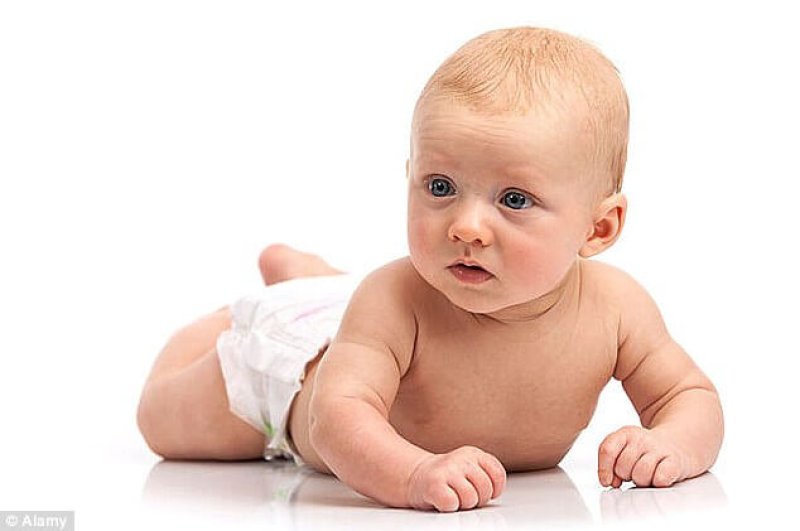Joanna Rose’s father, if he is still alive, would be perfectly within his rights to refuse to have anything to do with her. And officially, he can’t be called her father, either. He was a sperm donor at a Harley Street clinic for infertility in the early 1970s, a time when donor anonymity was the norm. Official records as to his identity have been lost, or destroyed. And even if they existed, Rose has no legal right to know who he is.
Rose was first told by her family that she was sperm-donor conceived when she was eight years old, “because it was thought the earlier I knew, the better.” Now 42 and a social sciences postgraduate living in Devon, she had a “tip-off” about the identity of her biological father 15 years ago. She says that legally she cannot explain further; but it was someone who was said to strongly resemble her and to have donated prolifically at the clinic her parents used, around the time she was conceived. Her messages to the man in question trying to find out more, were met with a solicitor’s letter threatening legal action if she made further contact.
Rose has spent much of her life battling for the rights of donor-conceived (DC) people. In 2005, largely due to her efforts, anonymity for sperm (and egg) donors – guaranteed by the Human Fertilisation and Embryology Authority when it was set up in 1991 – was removed and DC children were given the right to identify their genetic parents once they reached 18.
The GLP aggregated and excerpted this blog/article to reflect the diversity of news, opinion and analysis. Read full, original post: Is it time to question the ethics of donor conception?































